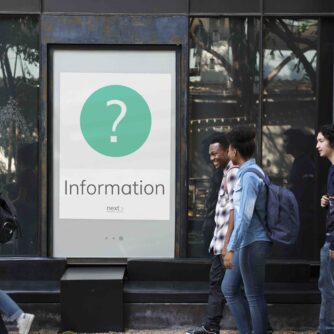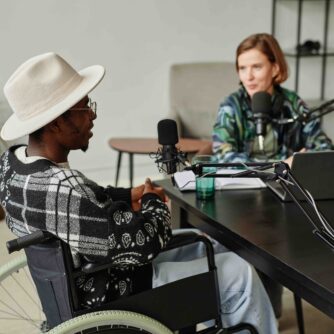Introduction
The healthcare industry is an ever-evolving landscape that demands continuous learning from its professionals. The influx of new research, technologies, and best practices necessitates a platform that not only disseminates this information efficiently but also makes it easily digestible for busy healthcare workers. Healthcare podcasts have emerged as a powerful tool for this, serving not just patients and the general public, but also acting as a reservoir of knowledge and inspiration for healthcare professionals. In this blog post, we will explore the manifold ways in which healthcare podcasts are contributing to medical education and professional development.
Traditional vs. Contemporary Learning Platforms
The Constraints of Conventional Training
Traditionally, medical education has been confined to classrooms, seminars, and academic journals. While these are invaluable sources of knowledge, they come with limitations such as accessibility, time, and sometimes, substantial financial investment.
The Flexibility of Podcasts
Healthcare podcasts offer a more flexible approach, allowing professionals to listen and learn on-the-go. Whether you’re commuting, exercising, or even doing household chores, you can turn that time into a productive learning session.
Expert Insights Right in Your Earbuds
Podcasts often feature interviews with leading experts in various medical fields. These conversations provide unique insights, breaking down complex topics into understandable terms. Listening to these experts can serve as a form of mentorship, inspiring healthcare providers to strive for excellence in their own practices.
Keeping Up With Cutting-Edge Developments
The Pace of Medical Advancements
Medical science is progressing at an astonishing rate. Staying updated with the latest research findings and treatment modalities is essential but also overwhelming.
Podcasts as Curated Content
Healthcare podcasts can act as a curated library, sifting through vast amounts of data and presenting the most critical updates in a concise and engaging format.
Skill-Building and Problem-Solving
Podcasts can go beyond theoretical knowledge and dive into the practical aspects of healthcare. Episodes often discuss case studies, ethical dilemmas, or professional challenges, encouraging listeners to think critically and improve their problem-solving skills.
Networking and Community Engagement
Listening to podcasts can introduce healthcare professionals to a wider community of like-minded individuals. This network can be a valuable resource for collaborative opportunities, sharing experiences, and even emotional support.
The Soft Skills Equation
In addition to medical knowledge and technical expertise, healthcare professionals also need to excel in communication, empathy, and leadership. Many healthcare podcasts address these soft skills, offering advice on how to interact with patients, manage teams, and cope with the emotional demands of the profession.
Takeaways for Your Continued Growth
The ultimate goal of healthcare podcasts in the context of medical education and professional development is to make you a more competent, well-rounded, and empathetic healthcare provider. By incorporating this rich medium into your learning ecosystem, you are taking an active step towards personal and professional growth.
Conclusion
Healthcare podcasts are far more than a trendy form of entertainment; they are a dynamic and potent tool for medical education and professional development. They cater to the needs of an evolving healthcare landscape, offering flexibility, diversity in content, and a personal touch that traditional educational mediums often lack.
If you haven’t yet dipped your toes into the enlightening world of healthcare podcasts, now might be the perfect time to start. Your career—and your patients—will thank you.





